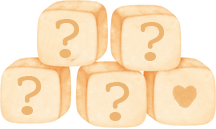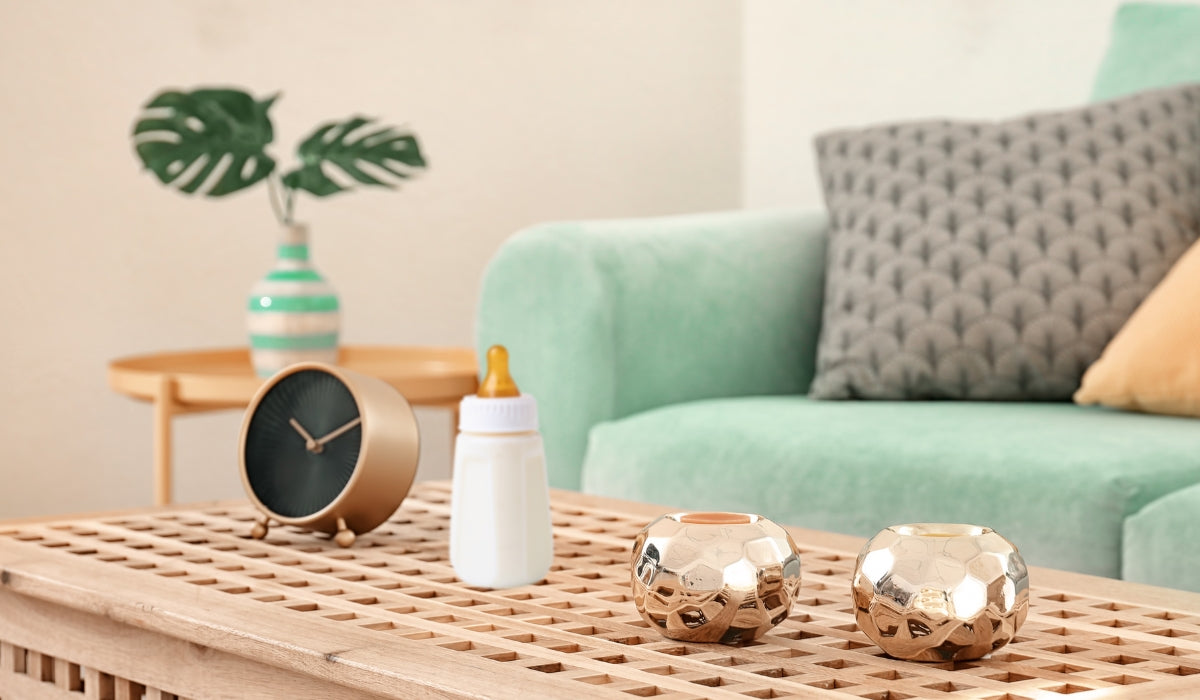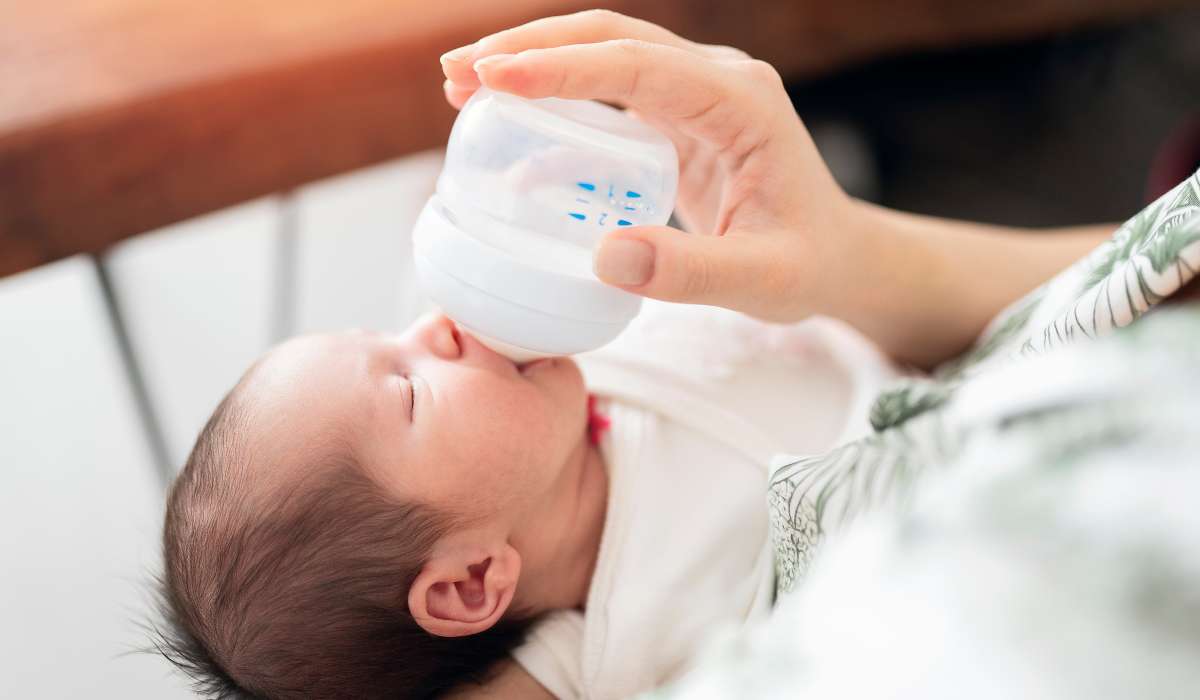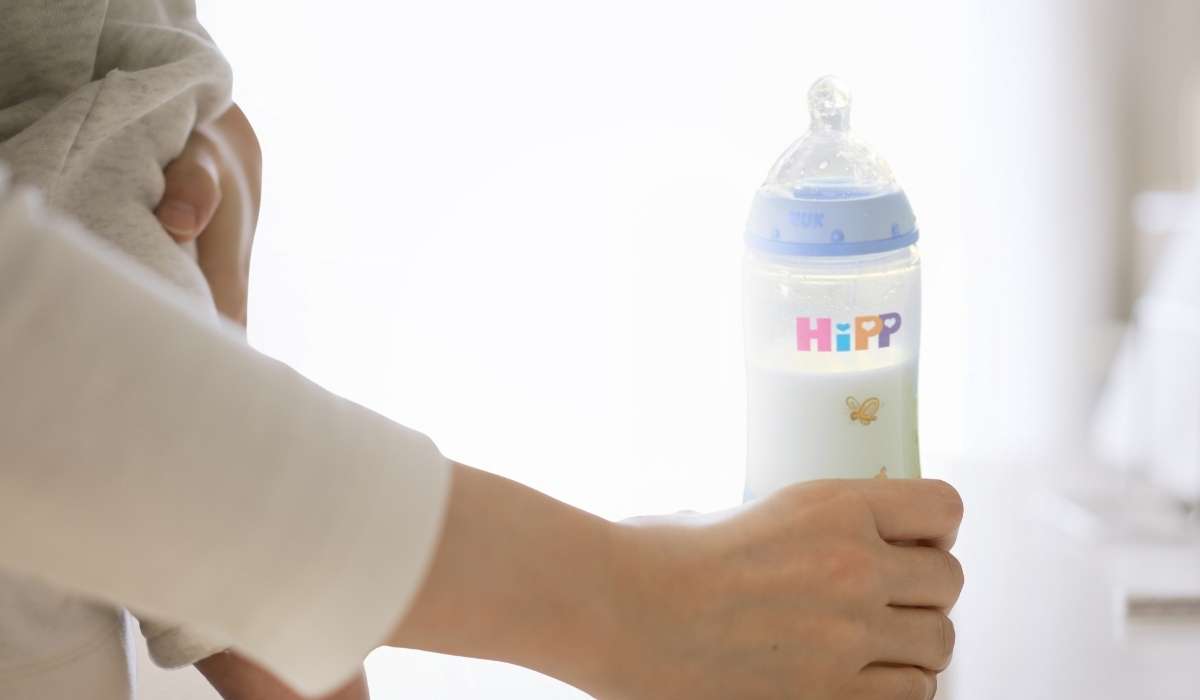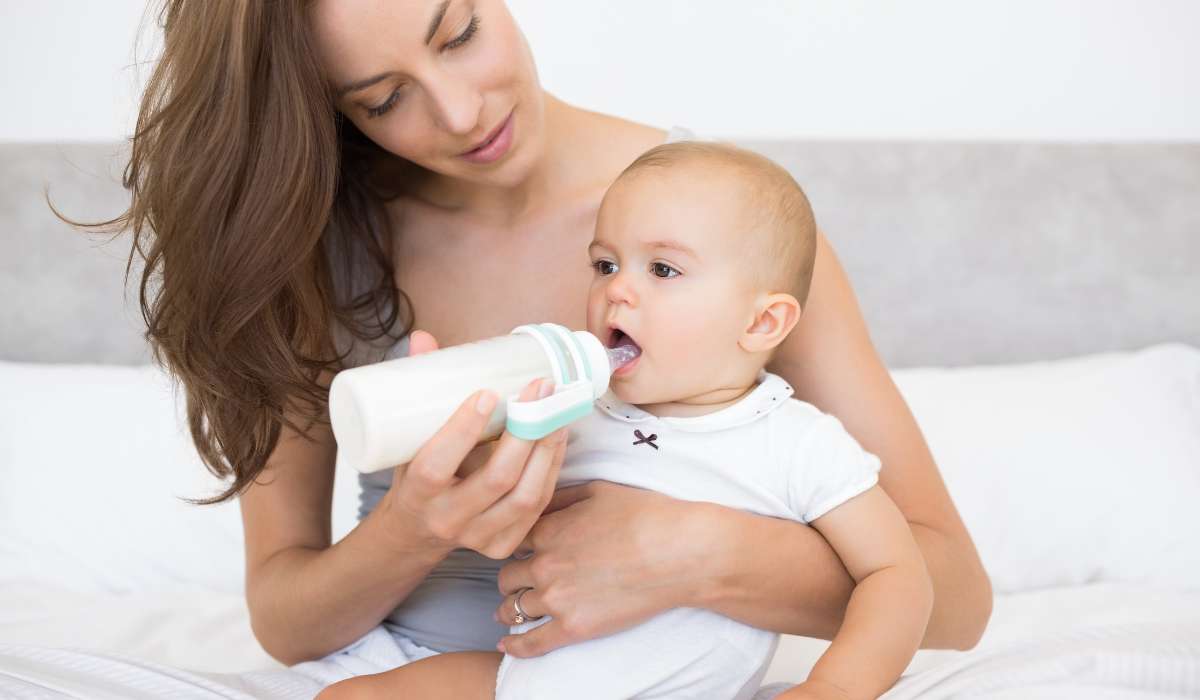Honestly, once you start formula feeding, it can sure feel like you have to learn what seems like a thousand things about preparation and storage. Don't sweat it, though; we are here to help you master the rules one by one!
So, today, we will look at one of the most important questions: how long can formula sit out? We will discuss how to store formula properly (both unopened and prepared) and answer the question of how long is formula good for; that way, you can ensure a safe feed for your little one every time.
So, let's get right into finding an answer to how long does formula last!
Contents
How Long Can Prepared Formula Sit Out?
Now, if you mix a fresh batch of liquid or powdered formula, it can sit for a bit until the feeding begins. However, the rules are different for different temperatures.
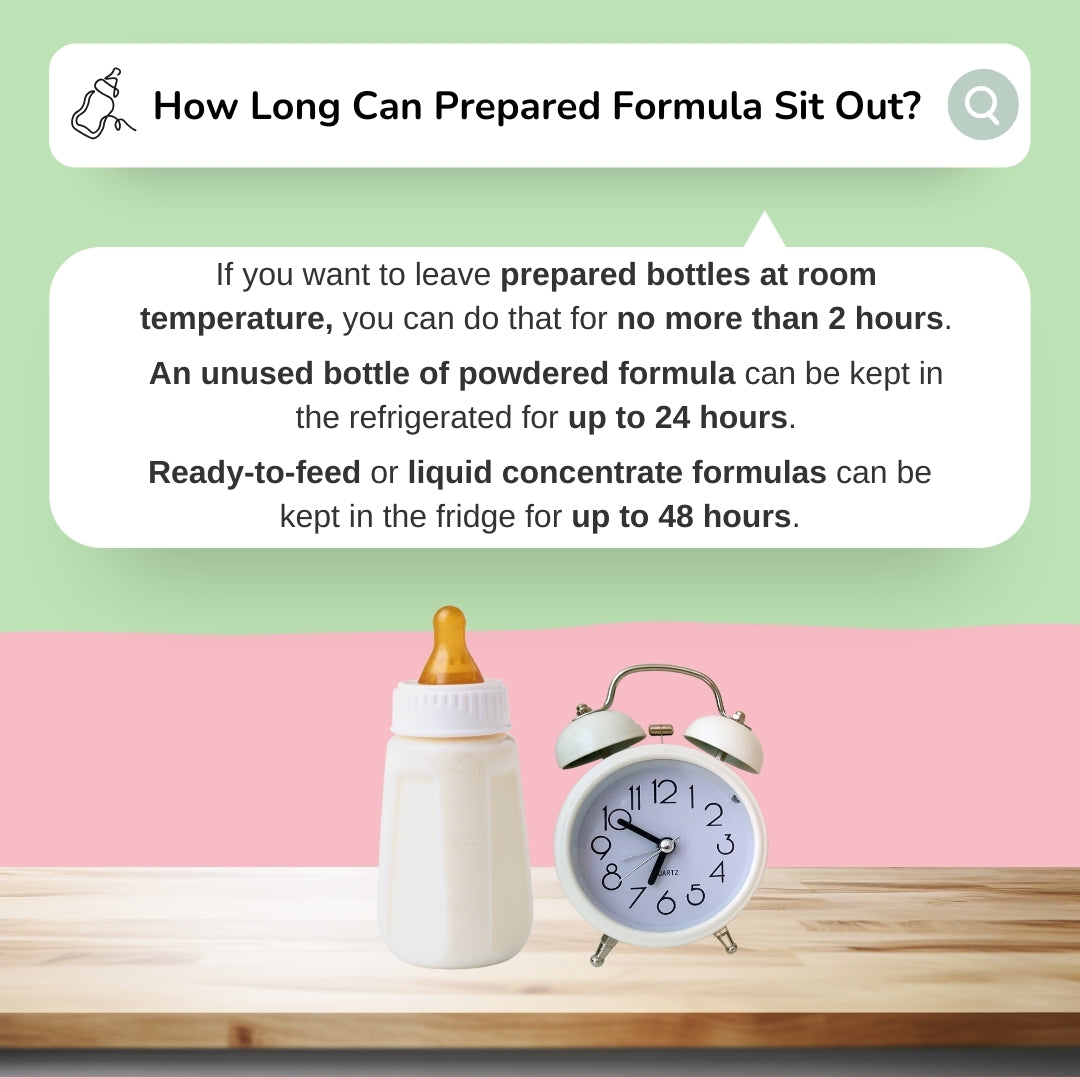
If you want to leave prepared bottles at room temperature, you can do that for no more than 2 hours. Keep in mind that bacteria thrive at room temperature and are especially active in milk-based products such as warm formula.
Prepared infant formula that hasn't been used for feeding your baby can also be stored in the fridge. The timeframe will depend on the formula type, though. If you've made a bottle of powdered formula, you can keep it refrigerated for up to 24 hours.
And if you are using ready-to-feed or liquid concentrate formulas, those can be kept in the fridge for up to 48 hours (that is, if you have opened the ready-to-feed container or mixed the concentrate with water).
And no matter what kind of formula you use, here's a crucial rule to remember: never keep leftover formula. If your little one didn't finish their bottle, discard any remaining formula right away. Even keeping it in the fridge won't help prevent bacteria growth that may have transferred from your baby's saliva, and reheating for later is not safe.
How Long Can Unopened Baby Formula Sit Out?
If you're wondering, "How long is formula good for before it's even opened?", there's good news for you. Unopened baby formula can typically last for six months or more, though the exact length of time will depend on the brand.
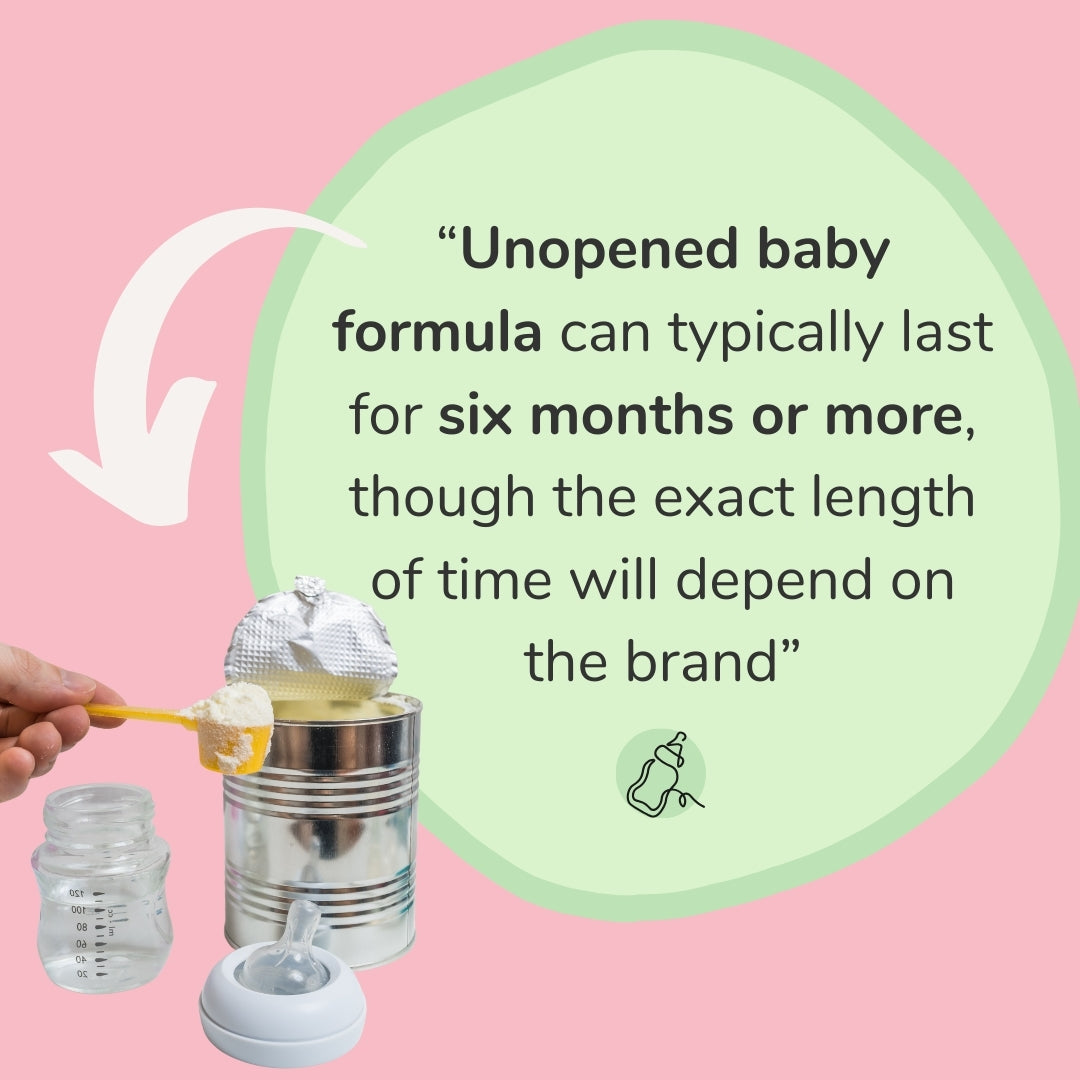
Just make sure to follow the exactexpiration date on the packaging so you know when you will need to use it before. And, of course, always make sure you don't keep infant formula past the "use by" date. If your baby's formula is past the expiration date, the best thing you can do is throw it out.
The easiest way to know if a formula has gone bad is by looking at the expiration date on the container. That being said, you can notice other signs. For example, spoiled formula often starts growing bacteria, which might be visible on the rim of the container. The container itself may swell or change its shape.
Keep in mind that you'll need to open the container if you want to dispose of the formula properly. The formula powder can be thrown out with the rest of your compostables. Dealing with the liquid concentrate or ready-to-feed formula is even easier. You can just dump the liquid into the sink and move on.
As for the container, it should be recyclable. Look for the recycling symbol, which might help you figure out what bin it belongs to - plastic, glass, cardboard, or even metal.
How Long Does an Opened Baby Formula Container Last?
Once you've opened your little one's box or can of formula, you have between 2 to 4 weeks to use it all up by. Importantly, the exact length of time will depend on your baby's specific brand of formula so be sure to follow the manufacturer's instructions exactly.
Official Recommendations on Formula Storage
So, how long can formula sit out? Official guidelines on how to store infant formulas safely explain that unopened baby formula must be stored in a cool, dry place to prevent it from going bad. As for unsuitable places to store your sealed baby formula containers, never leave it in the fridge, freezer, garage, or your vehicle.
Naturally, to keep the formula good and ensure bacteria and other contaminants stay out, it's also crucial to make sure the formula lid is tightly closed after each use.
3 Tips for Safely Storing Formula
Other than the guidelines above, there are some other simple strategies to help you safely feed your baby. These includes the following:
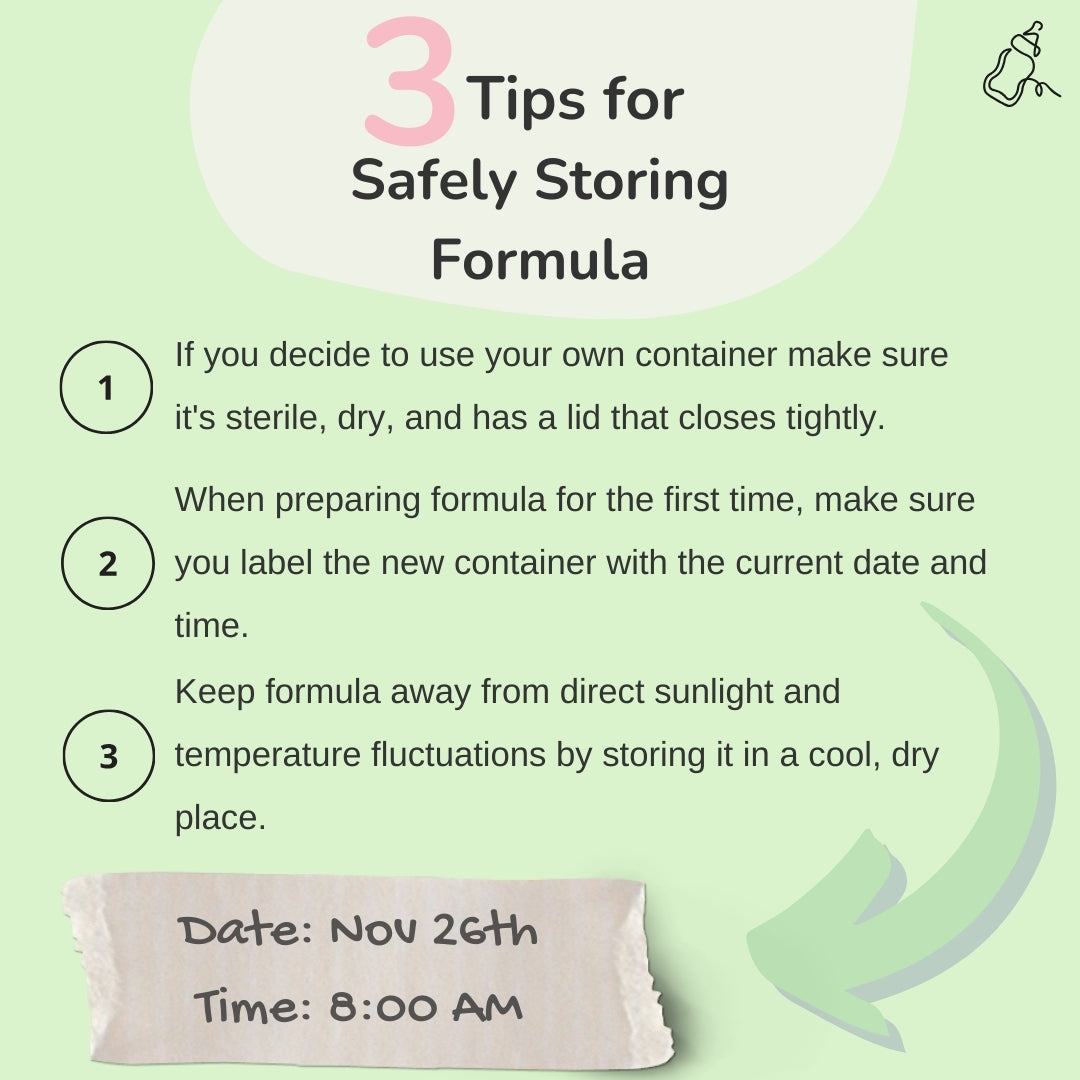
1. Choosing appropriate containers for storage
If you decide to use your own container (for instance, if you want to store formula in smaller batches), make sure it's sterile, dry, and has a lid that closes tightly.
2. Labeling the containers
When preparing formula for the first time, make sure you label the new container with the current date and time. This way, you will know exactly when the fresh batch was opened!
3. Keeping formula away from direct sunlight and temperature fluctuations
Heat or sudden temperature changes can affect your baby's formula, causing it to change its texture, grow bacteria, and even lose some of those essential nutrients your baby depends on. That's why it's crucial to always keep it in a dry, dark, and cool place.
Frequently Asked Questions About Formula Storage & Bottle Feeding
Navigating the nuances of formula storage and bottle feeding can be tricky for new parents. Here are some frequently asked questions to help you manage formula feeding safely and effectively!
Can I refrigerate leftover formula for later use?
No. It's crucial to discard leftover formula, as it may harbor harmful bacteria from your baby's saliva.
How do I safely transport formula when traveling?
If it's a short trip and you are taking prepared formula, keep it in a cooler. You can also use an insulated bag and add a few ice packs to it.
Alternatively, you can take safe water (ideally boiled and cooled) in baby bottles and transport the powder/liquid formula separately in a tightly sealed container. This way, you can prepare fresh formula on the go without worrying about how to store it.
Can I freeze formula for long-term storage?
It's not a good idea to freeze formula. This can affect its texture, cause bacteria growth (as freezers can be quite humid), and even cause the loss of certain essential nutrients.
How long is formula good for after mixed?
Now, as for prepared infant formula, whether it's made using concentrate or powdered formula, you should use or discard it within 2 hours. Allowing it to sit longer than that can result in bacterial growth, which is dangerous for your baby.
Wrapping Up: How long can formula sit out?
Regardless of the formula type your baby drinks, you must store it properly. Always make sure that it's tightly sealed and kept in a cool, dry place.
Additionally, do not neglect the manufacturer's instructions. Since they understand each component that goes into your baby's bottle and will know how to store those ingredients correctly.
And, of course, you should remain attentive every step of the way. Do not let the formula bottle of formula sit out for too long, follow the preparation instructions, and always check the expiration date on the container. This way, you can definitely ensure your baby's safety!
Breast milk is the best source of nutrition for babies. Before altering your baby's diet or feeding routine, consult your healthcare provider for personalized recommendations. The information in this article is strictly for informational purposes and is not a substitute for medical advice.
